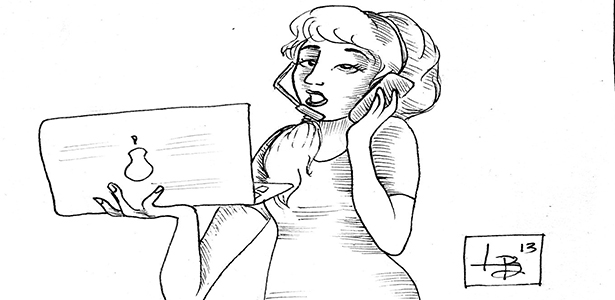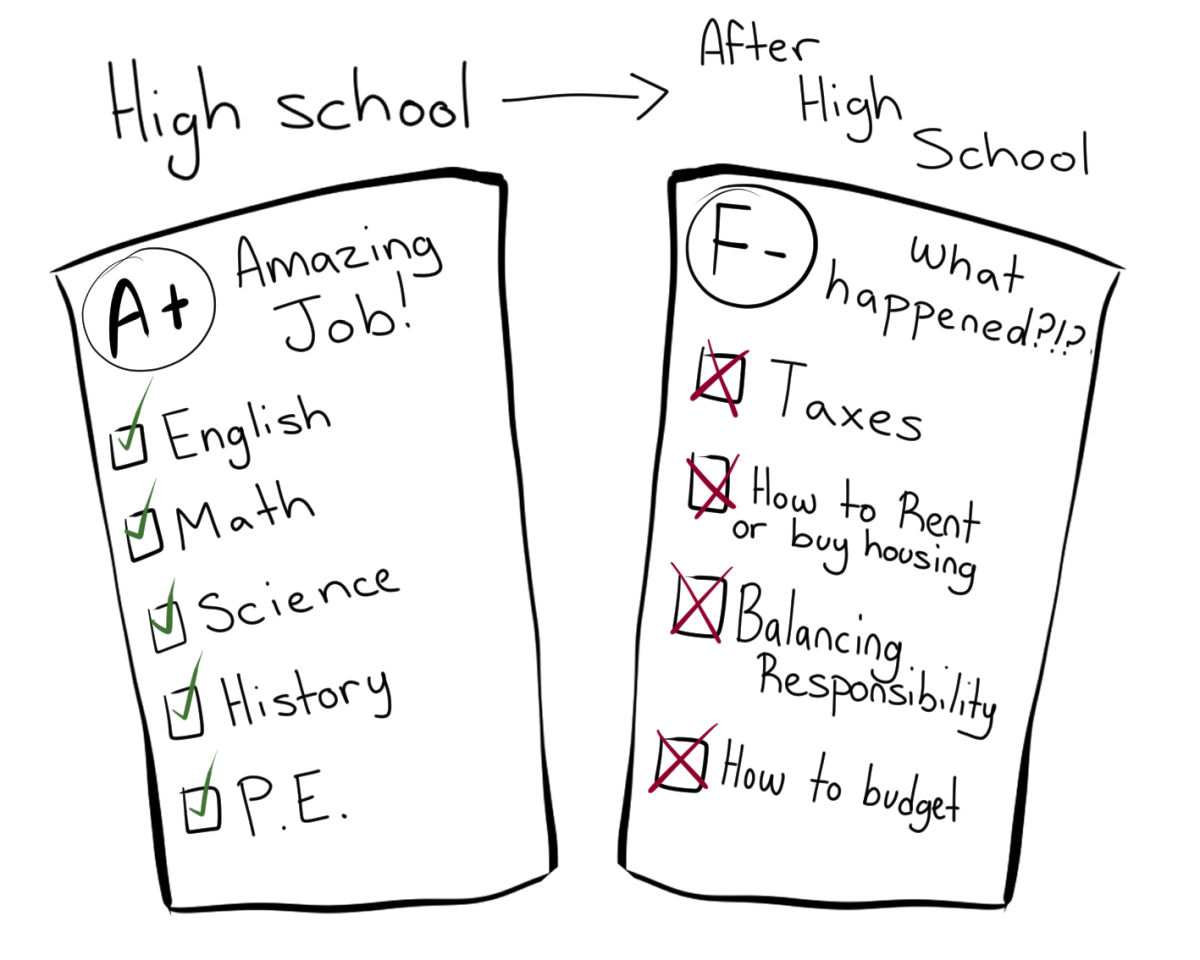When was the last time you set an alarm to get up and watch the sunrise? Do you still enjoy camping as much as you used to as a child, before the years would come when you’d be pained to part from your mobile phone or laptop – for even five minutes?
You probably could, if you aren’t busy wasting your time being distracted by Robin Thicke’s “Blurred Lines” music video or other social media trands.
But let me explain why it’s gotten easier for social media to become the major aspect of your social life in the last decade alone – while I still have your attention.
With the sudden interest in online dating sites like Zoosk and the rising attraction of social profile sites like Twitter and Facebook, we are finding more efficient methods of maintaining focus on everyday activities quicker, while the attention span we need to process these things, in reality, has grown shorter.
We are adjusting to a rewiring in our brains that is constantly dependent on information we input to adapt to our rapidly-adjusting, fast-paced lives.
And this is not a good thing. Ten years ago, we could sit down and read a book and not be distracted for at least fifteen minutes. A 2013 empirical study by the information website Statistic Brain verifies that last year, Americans averaged an attention span of 8 seconds.
Our attention spans are limited and it is bringing into account effects that could be difficult to reverse. In fact, studies show that a certain amount of pleasure arises from accessing and participating in social media websites.
Current research is being conducted to determine which triggers are in charge of the release of adrenaline, an addictive hormone, in the body as a result of social media activity.
Researchers at Harvard University learned through a particular study that the act of sharing personal information with people stimulates the same part of the brain associated with pleasure – similar to the pleasure experienced when eating food or even having sex.
Now the days are here where the only reason kids are rushing home is to take selfies in their bathrooms to upload to Instagram and to be double-tapped by their friends. More often than not, mommy and daddy are probably unaware of their childrens’ online lifestyle.
Facebook, the ultimate social deterrent, wants to know every member in your family, asks you to tag your presumably antisocial significant other and suggests you send a friend request to your 13-year-old cousin.
What we used to call personal diaries, we now use as blogs which expose our entire personal lives to the world through the accessibility of a website’s link.
There is also the issue of the roles social media plays in relationships. According to provisional research focusing on divorce trends in the U.S. during the last ten years, the U.S. Census Bureau reports that divorces rates had declined between the years 2001-2011.
Even though divorces may be on the decline, it does seems like relationships aren’t lasting as long.
A lot of times, we can trace this back to the destructive forces of social media. We all know those couples who fight online and air each other’s personal information out to dry.
It isn’t necessarily surprising when their relationship status changes to “single” a week later.
If you’re like me, you remember simpler times when you didn’t get stressed over waiting for a person to respond to a particularly urgent message.
You remember a time before text messages and screenshots of auto-correct fails. You remember being a kid and rushing home to the television before your parents could get home to scold you for watching cartoons instead of doing your homework.
So quickly we forget the importance of writing down or memorizing phone numbers and addresses the instant we store it to a cell phone’s contact list.
Only on that unfortunate night when we’re caught in the rain and the phone’s battery dies will we realize the slaves we’ve been to technology.
When we’re beating ourselves up for having someone’s Facebook profile, but not their phone number, we will realize how social media has ruined our social lives.








